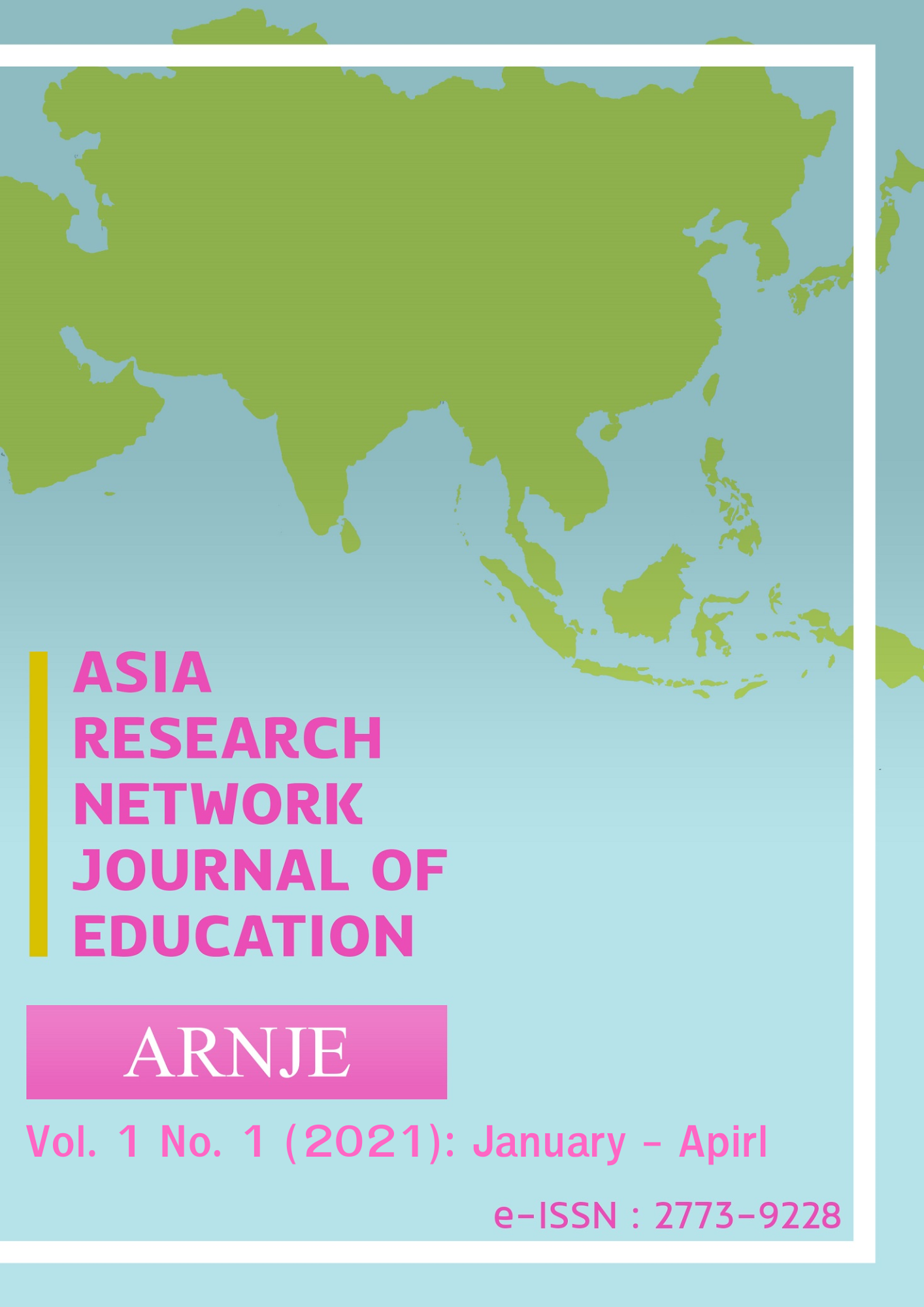STEM Education and Innovation for Teacher Development: New Challenges toward Thai Education Quality
Main Article Content
Abstract
This paper indicates STEM education and innovations as the key issues of teacher development in Thailand. Since 2017, the Ministry of Education of Thailand has implemented a reform to the in-service teacher training system. The key principles of teacher development consist of (1) school-based development model and (2) development of teacher. Firstly, School – Based Development model is applied to development process through the Professional Learning Community (PLC). Secondly, Development of Teacher is conducted based on individual need. In implementing the new reform policy, teachers will receive a budget of approximately 300 USD (10,000 baht)/person in order to register for training courses from the Teacher Development Unit that is qualified by Teacher Profession Development Institute (TPDI) or Kurupatana. Thus far, 2,659 training courses have been approved. In the year 2018, more than 270,000 teachers received in-service teacher training under the “Teacher Development Coupon” project which counted for 72.6 % of teachers affiliated with the Office of Basic Education Commission (OBEC). Interestingly, in 2017, there were 116 STEM-related courses which accounted for 6.31% of all training courses and increased to 203 STEM-related courses in 2018, notably 75% increase in the numbers of STEM-related training courses. Nevertheless, there were only 1,625 teachers trained in STEM-related courses which accounted for 0.46 % of total numbers of teachers’ received training. This suggests New Challenges toward Thai Education Quality.
Article Details
Copyright: CC BY-NC-ND 4.0
References
Erawan, P. (2019). The Needs Analysis of Supporting Beginning Teachers in schools in Remote Rural areas. Journal of Teacher Education and Educators. 8 (2): 115-129.
Barber, M. & Mourshed, M. (2007). How the World’s Best Performing Schools Come out on Top. London: McKinsey & Company; http://mckinseyonsociety.com/ downloads/reports/Education/Worlds_School_Systems_Final.pdf access on 1 October 2019
Yamkasikorn, M. (2016). “Professional Learning Community: Challenges in Self – Development of Teachers” in Teacher Council of Thailand Annual National Conference Proceeding 2016 : “Learning Innovation and Education Management Research for Sustainable Development”. Bangkok, Thailand.
Office of the Teacher Civil Service and Education Personnel Commission.(OTEPC). (2017). Regulation for Teacher Profession Promotion 2017. (Circulation letter no.21 and no.22). access on 1 October 2019 : http://www.otepc.go.th
Misha, P. & Koehler, M. J. (2006). Technological Pedagogical Content Knowledge: A Framework for Teacher Knowledge, in Teachers College. Record Journal. Volume 108, Number 6, June 2006. Access on :https://www.learntechlib.org/p/99246/?nl=1 ; 1 October 2019.
Du Four, R. & Fullan, M. (2013). Cultures Built to Last: Systemic PLCs at Work. TM Solution Tree Press : Bloomington. http://dergipark.org.tr/jtee/issue/48420/ 589754
Teacher Profession Development Institute database http://www.ksp.or.th: access on 26 September 2019
TPACK. http://tpack.org , access on 1 October 2019. World Bank. (2012). Thailand wanted a quality education for all. The World Bank : Washington, D.C.
World Bank. (2012). Thailand : Benchmarking Policy Intent in School Autonomy and Accountability. Washington, D.C. : SABER – System Assessment for Benchmarking Education Results, January. http://siteresources.worldbank.org/EDCUATION/ Resources/278200-1290520949227/75758421339186330807 /Thailand_ report_ for_School_Autonomy_AccountabilityV.2.pdf ; access on 19 January 2019
Yuenyong, C. (2019). Lesson learned of building up community of practice for STEM education in Thailand. AIP Conference Proceedings. 2081, 020002-1 – 020002-6.


